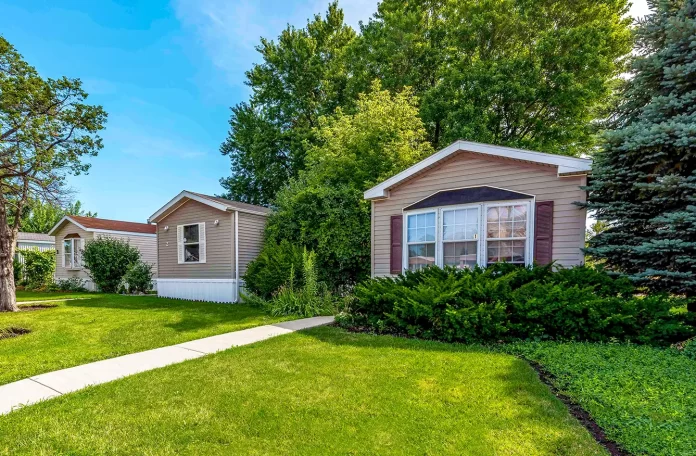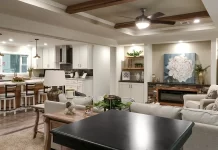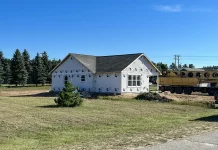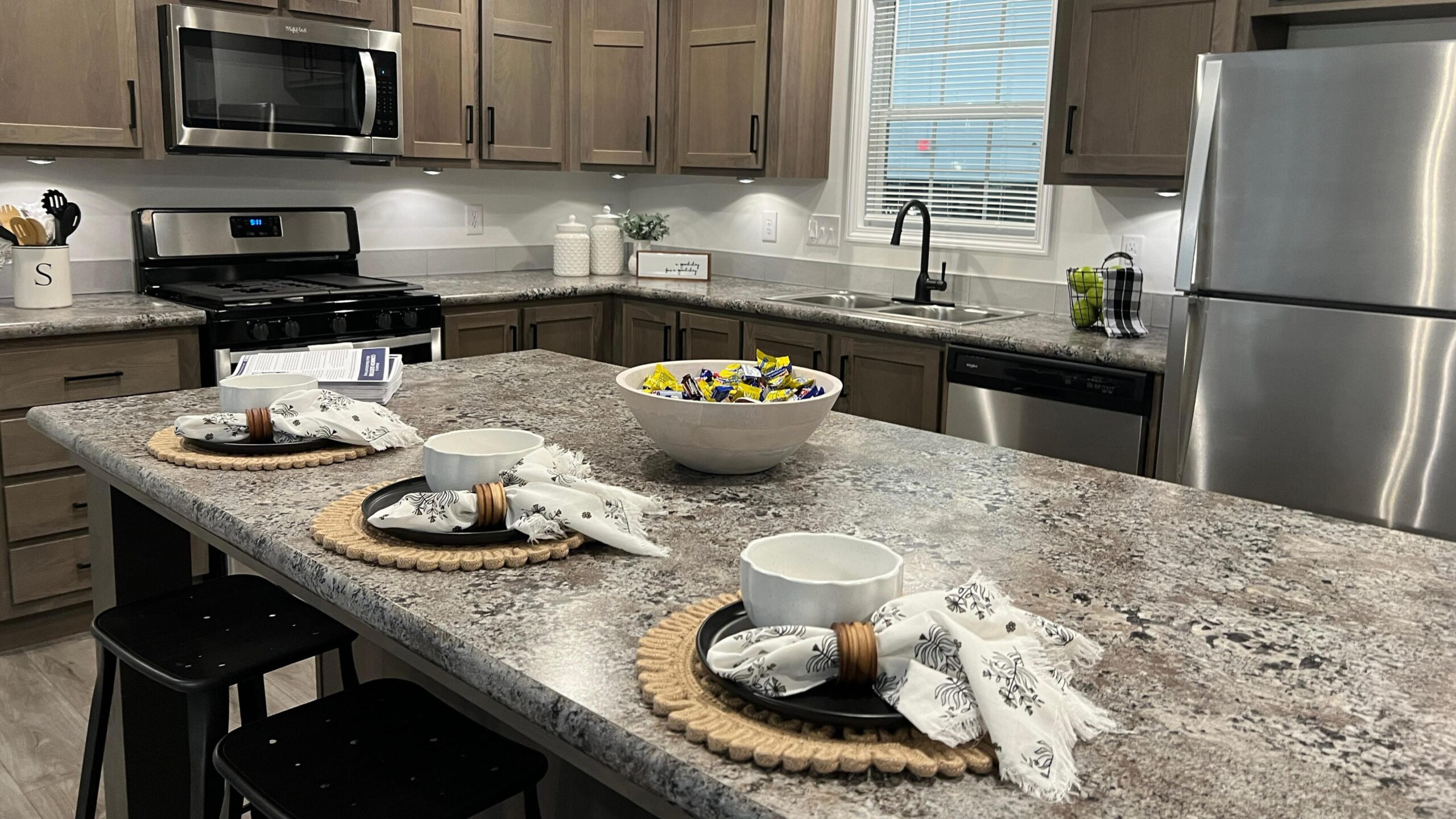If you’ve ever found yourself wondering about the difference between mobile homes and manufactured homes, you’re not alone. The terms are often used interchangeably, which can be confusing for buyers and homeowners alike. But there’s actually a significant distinction between the two, especially when it comes to HUD Code regulations. Understanding these differences is key when navigating your housing options, whether you’re buying, selling, or simply curious.
In this blog, we’ll break down the most frequently asked questions about mobile homes, manufactured homes, modular homes, and the regulations that govern them. We’ll clear up the confusion, help you make sense of the terminology, and guide you through what to expect when considering one of these homes. Let’s dive into the world of factory-built housing and answer all your pressing questions!
Why Was the Term Mobile Home Replaced with Manufactured Homes in 1976?
The term “mobile home” was replaced with “manufactured home” in 1976 to reflect significant changes in construction standards and quality. Before 1976, mobile homes were often built without consistent regulations. That changed when the U.S. Department of Housing and Urban Development (HUD) implemented federal building standards for factory-built homes. These new regulations required all manufactured homes meet specific guidelines for construction, safety, and energy efficiency. The name “manufactured home” was introduced to mark this shift and distinguish these newer, more regulated homes from their pre-1976 counterparts.
What Does HUD Mean on a Mobile Home?
HUD stands for the U.S. Department of Housing and Urban Development. And when it comes to mobile and manufactured homes, it refers to the federal building code that all manufactured homes must follow. The HUD Code sets standards for construction, durability, safety, energy efficiency, and performance. Homes built after June 15, 1976, are required to meet these standards, and each manufactured home receives a HUD tag, or certification label, to verify it complies with these regulations.
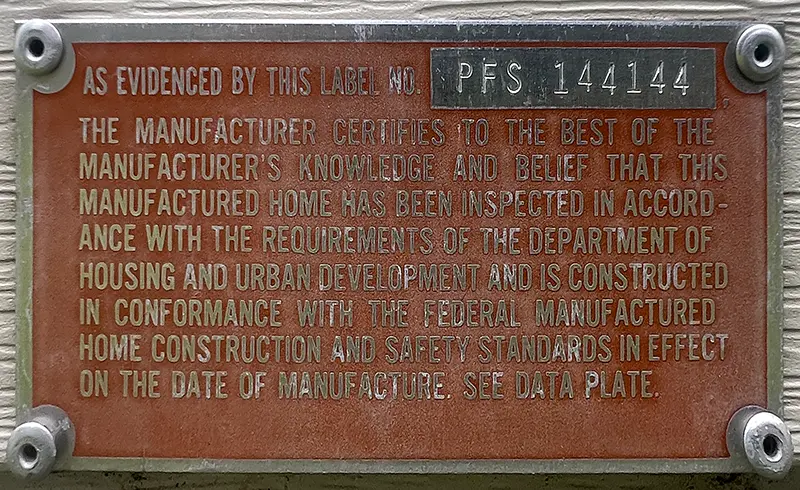
Which Type of Home Is Built to Meet the HUD Code?
Today, all manufactured homes are built to meet the HUD code. These homes are constructed in a factory setting and are required to follow federal building regulations established by the U.S. Department of Housing and Urban Development. The HUD Code ensures that manufactured homes are built to high standards for safety, energy efficiency, and overall durability. Unlike mobile homes built before 1976, which were not subject to these regulations, every manufactured home must meet these guidelines, making them a safe and reliable housing option.
What is the Difference Between a Manufactured and a Mobile Home?
These terms are often used interchangeably, although there is technically a difference—the main difference between a manufactured home vs mobile home comes down to when the home was built. The term “mobile home” refers to the factory-built homes constructed before June 15, 1976. Homes built after this date are referred to as manufactured homes, reflecting their adherence to the current standards for safety, energy efficiency, and durability. So, while both types of homes are factory-built and often share a similar appearance, manufactured homes are built to meet modern federal construction guidelines.
Is a Double Wide the Same as a Manufactured Home?
A double wide is a type of manufactured home, but it refers specifically to the size and layout. Manufactured homes come in different configurations, and a double wide means the home is constructed in two sections that are joined together at the home site. Double wides offer more living space than single-wide homes, making them a popular choice for families or those who want more room. All double wides built after 1976 meet the same HUD Code standards required for manufactured homes, so you get both size and modern standards in one package.
What is the Difference Between a Modular Home and a Manufactured Home?
The key difference between a manufactured home vs modular home lies in how they are constructed and regulated. Both are built in a factory setting, but manufactured homes are built to federal HUD Code standards, while modular homes must comply with local or state building codes just like site-built homes. Manufactured homes are typically transported in one or more sections on a chassis that remains part of the home. Similarly, modular homes are transported in sections, but on flat-bed trucks and assembled on a foundation at the home site. Modular homes tend to offer more flexibility in design while manufactured homes offer convenience and affordability.
How Can I Tell the Difference Between a Modular Home and a Manufactured Home?
The main difference between modular and manufactured homes lies in how they’re constructed and the building codes they follow. Modular homes are built in multiple pieces, or modules, in a factory and transported to the private-land home site in several shipments. Once delivered, the modules are assembled on-site, typically with a crawl space or basement foundation. Modular homes must comply with all local and state building codes, just like traditional site-built homes. This flexibility allows for more customization in terms of size and design.
In contrast, manufactured homes are built to federal HUD Code standards in sections that are transported on a steel chassis that is part of the home’s structure. For example, a single-wide home is one section, while a double-wide home is two sections. Manufactured homes can be placed in either a community or on private land with a crawl space or basement.
What is the Difference Between a HUD Home and a Modular Home?
A HUD home refers specifically to a manufactured home built to meet the HUD Code, which sets federal standards for construction, safety, and energy efficiency. These homes are built on a steel frame and transported to the site in one or more sections. Modular homes, however, are built to meet local or state building codes, which can vary depending on the area.
Is It Cheaper to Build or Buy Modular?
When comparing modular homes to site-built homes, modular homes can offer significant cost savings. In fact, building a modular home can reduce the cost per square foot by up to 30% compared to building a traditional site-built home. This is largely due to the efficiencies of factory construction, where homes are built in a climate-controlled environment. Working indoors minimizes material waste caused by weather conditions like rain, wind, or freezing temperatures, and keeps construction timelines more predictable.
Additionally, factories can purchase materials, hardware, and appliances in bulk, driving down the overall cost of construction. This leads to considerable savings that are passed on to the buyer. The controlled environment not only helps reduce costs but also benefits the environment by minimizing material waste, and protects the building materials from weather and rain during the construction process. So, while the size, materials, and amenities of each home can vary, modular homes consistently offer lower construction costs with the added benefit of being eco-friendly.
In short, modular homes are often a more cost-effective option compared to building a site-built home, especially when considering the reduced construction time and minimized material waste.
Where Can I Find Manufactured Homes for Sale and Modular Homes for Sale?
When you’re in the market for either a manufactured home or a modular home, finding the right place to search is key. That’s where MHVillage comes in. MHVillage is the largest and most comprehensive marketplace for mobile and manufactured homes in the U.S., with a wide array of listings from across the country. Whether you’re searching for a brand-new manufactured home or a modular home, MHVillage offers the tools and resources to make your search easy, efficient, and tailored to your specific needs.
At MHVillage, you can browse a vast selection of manufactured and modular homes for sale from top manufacturers, private sellers, and community listings. The platform’s robust filtering system allows you to narrow down your search based on your unique preferences, helping you find a home that fits your budget, location, and lifestyle.
- Search by Location
One of the most convenient features of MHVillage is the ability to search by location. Whether you’re looking for homes in a specific state, city, or even a zip code, MHVillage lets you filter listings based on where you want to live. Are you interested in moving to a warm, sunny state like Florida or California? Or are you considering a more affordable market in states like Indiana or Texas? MHVillage allows you to tailor your search to any location in the U.S., so you can find homes that are situated in communities, on private land, or wherever best suits your needs. - Filter by Price
Our platform also makes it easy to search for homes within your price range. You can set a minimum and maximum price to view only the homes that fit your budget, whether you’re looking for a high-end modular home or an affordable manufactured home. With MHVillage, you’ll see the full spectrum of price options, including both new and pre-owned homes, helping you find the best deal available. - Customization Options
One of the best features of MHVillage is the ability to filter your search by the specific features you want in a home. Whether you’re seeking a modular home or a double-wide manufactured home with premium finishes like granite countertops, hardwood floors, or energy-efficient appliances, MHVillage allows you to narrow your search to homes that match your specific needs. You can also search by home size, including the number of bedrooms and bathrooms, as well as square footage, ensuring that your next home has the space and features that matter most to you. - Community vs. Private Land
If you’re wondering whether to place your new home in a community or on private land, MHVillage gives you the tools to explore both options. You can filter your search based on homes located in established manufactured home communities or homes available for placement on private land. MHVillage even includes homes located in 55+ communities, family-friendly neighborhoods, and luxurious resort-style communities with amenities like pools, fitness centers, and social activities. This feature is perfect for anyone looking to find a home in a community setting or to explore options for buying land alongside their new home. - View Photos, Virtual Tours, and Contact Sellers
MHVillage also provides detailed listings with high-quality photos and even virtual tours of homes, so you can explore a home’s layout and features before ever stepping foot inside. Once you’ve found a home that interests you, MHVillage makes it easy to connect directly with sellers, whether they’re private owners, retailers, or community managers. You can ask questions, schedule viewings, or negotiate terms—all from within the platform. - Up-to-Date Listings and Advanced Search Options
With MHVillage, you’ll never have to worry about outdated listings. The platform is regularly updated with the latest homes on the market, meaning you have access to real-time availability. Additionally, MHVillage offers advanced search options to help you find homes with specific attributes like garages, porches, or particular home manufacturers. This allows you to really hone in on what you’re looking for, whether that’s a fully custom modular home or a budget-friendly pre-owned manufactured home.
Finding your dream home doesn’t have to be complicated. MHVillage makes it easy to search, filter, and explore a wide range of options, whether you’re looking for a cozy starter home or a luxury model with all the upgrades. With its comprehensive tools and resources, MHVillage is your one-stop shop for finding your next home, tailored exactly to your needs. Start your search today and take the first step toward finding your perfect manufactured or modular home.


